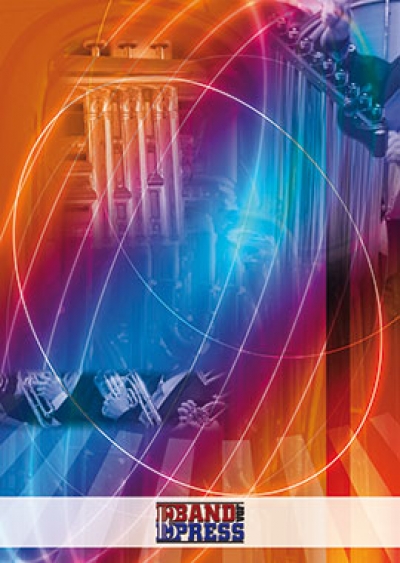We've found 922 matches for your search. Order by
Results
-
£30.00
INTO THE LIGHT - P.Wilby
In Stock: Estimated dispatch 3-5 working days
-
 £39.60
£39.60 -
 £24.60
£24.60INTO THE LIGHT (Partitur/Score) - Schulte Andreas Ludwig
Estimated dispatch 7-14 working days
-
 £69.60
£69.60 -
 £44.60
£44.60 -
 £44.60
£44.60 -
 £86.00
£86.00Go forth into the world in peace - Rutter John - Vertommen Luc
Estimated dispatch 7-14 working days
-
 £57.00
£57.00Into the Light - Wilby Philip - Vertommen Luc
Estimated dispatch 7-14 working days
-
 £87.40
£87.40Into The Future (Vers l'Avenir) - Martin Carron
Estimated dispatch 5-14 working days
-
£54.95
Magic Forest- Into the Woods- Goering's - Michael Nyman
Estimated dispatch 5-14 working days
